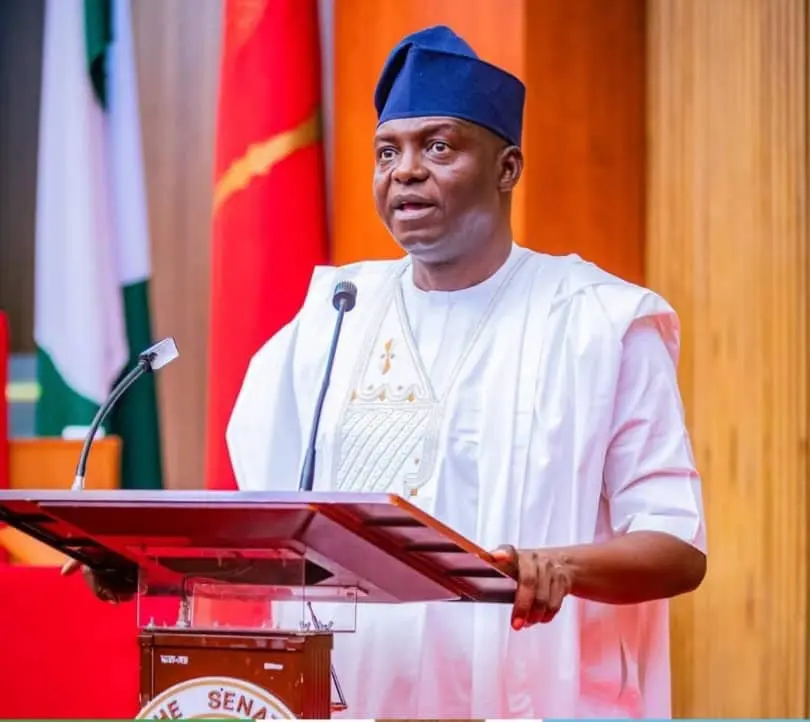World Boxing Apologizes to Algerian Federation Over Genetic Screening Policy
In a significant development, World Boxing has issued a formal apology to the Algerian Boxing Federation for naming Olympic gold medalist Imane Khelif when announcing its new genetic sex screening policy. The policy, designed to determine the eligibility of male and female athletes and ensure a level playing field, has sparked controversy and debate in the sporting world.
Khelif, who won gold in the women’s welterweight division at the Paris Olympics, has faced scrutiny over her gender at birth despite being born and raised female. She was disqualified from the 2023 world championship by the International Boxing Association (IBA), which claimed she failed unspecified eligibility tests. The IBA has since been barred from the sport due to decades of misdeeds and controversy.
The International Olympic Committee (IOC) has applied sex eligibility rules used in previous Olympics, under which Khelif was eligible to compete. However, some boxers and their federations have protested her inclusion in upcoming events, citing concerns over fair competition.
In response to these concerns, World Boxing has introduced a mandatory genetic screening policy for all athletes over 18 years old. The policy requires a polymerase chain reaction (PCR) genetic test to determine an athlete’s sex at birth. If an athlete intending to compete in the women’s categories is found to have male chromosomal material, they will undergo further screening by independent clinical specialists.
This decision is the latest development in a tumultuous period for Olympic sex eligibility policy. The issue of transgender participation in sports has become an international flashpoint, with leaders like President Donald Trump weighing in. World Athletics, the governing body for track and field, has also reintroduced chromosome testing and proposed strict rules for transgender athletes.
The introduction of genetic screening policies has sparked debate over the balance between fairness and inclusivity in sports. As Khelif prepares to defend her gold medal at the Los Angeles Olympics, the controversy surrounding her participation is likely to continue. World Boxing’s apology to the Algerian Federation is a significant step towards addressing these concerns, but the issue is far from resolved.
As the sporting world navigates these complex issues, one thing is clear: the pursuit of fair competition and inclusivity will require careful consideration and nuanced decision-making. The outcome of this debate will have far-reaching implications for athletes, federations, and the future of sports itself.



